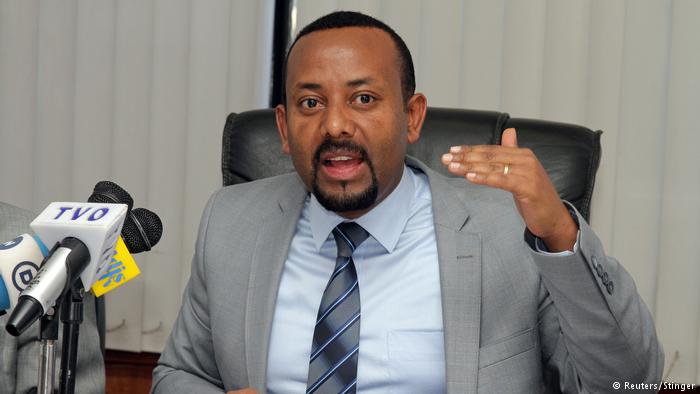
Tigray province has been at war since early November. More than three million people are in need of assistance and are victims of serious human rights violations. Prime Minister Abiy Ahmed has remained silent for more than three months. He has finally acknowledged in part the humanitarian catastrophe caused by his intervention, but does not accept responsibility for it.
At the end of November, Abiy Ahmed’s message had two points. The war is over and there have been no civilian casualties. Now under pressure, his speech has changed: “The soldiers who committed atrocities and raped our Tigrayan sisters will be judged for their actions. We asked the soldiers to fight the TPLF party, not the civilian population. ”
Another concession, and not the least, Abiy Ahmed acknowledges the presence of his ally, the Eritrean army, which entered Tigray pleading self-defense according to him. “Eritrea intervened in Tigray because it feared for its national security. We were fighting the TPLF in the central part of the province and they were afraid they would attack them along the border. ”
Except that it is precisely the Eritreans who are singled out by the international community. They are suspected of massacres, looting and rape on a large scale.
“There have been abuses. We hear about looting in particular. We have expressed our concern to the Eritreans, and they have strongly denied any responsibility,” says the Ethiopian Prime Minister. They promised us that they would punish any Eritrean soldier guilty of such violations. ”
These promises are probably too light to calm the fears of the Europeans and the United States, who are still demanding the withdrawal of Eritrean soldiers and independent investigations by human rights organizations.
But the health situation does not give cause for optimism. Of the 264 health centers in Tigray, only one provides treatment for rape. Fewer than half reportedly have emergency contraception available. In addition, not even a third of them still provide vaccinations.
On Monday, the UN deputy spokesman described a “dire humanitarian situation, which continues to deteriorate. Farhan Haq recalled that about 1.5 billion dollars were needed for Ethiopia, but that barely more than half had been raised so far.
